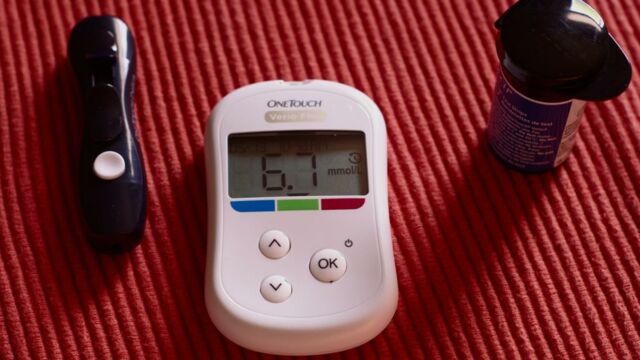High blood sugar levels occur when your body doesn’t make enough or effectively use insulin, the hormone responsible for regulating blood glucose. While this is a key sign of diabetes, it is also common in those without, and monitoring and regulating your levels will help you stay healthy and reduce any health complications.
Discover our latest podcast
Regular exercise
According to express.co.uk, regular exercise doesn’t just help you keep your weight in check, which can help blood sugar levels, it also increases insulin sensitivity. It also helps your muscles use glucose for energy and muscle contraction, which will lower your overall levels.
You don’t have to overdo it; brisk walking, biking, dancing and swimming are all lower impact ways of getting regular exercise.
Manage your carbs and portions
The body breaks down carbohydrates into sugars such as glucose, then insulin helps the body use and store this for energy. Eating too many carbs can hinder this process, and cause blood sugar levels to go up.
Portion control is the best way to monitor your carb intake and therefore reduce blood sugar levels. There are several ways you can help yourself control portion sizes and stop yourself from overeating.
Using smaller plates, checking food labels for serving sizes and keeping a food journal are all effective ways of reducing portion sizes. Eating slowly is also an established way to reduce the amount you eat; after a meal, your gut suppresses a hormone called ghrelin, which controls hunger, while also releasing fullness hormones.
These hormones tell your brain you have eaten, reducing appetite, making you feel full, and preventing overeating.















